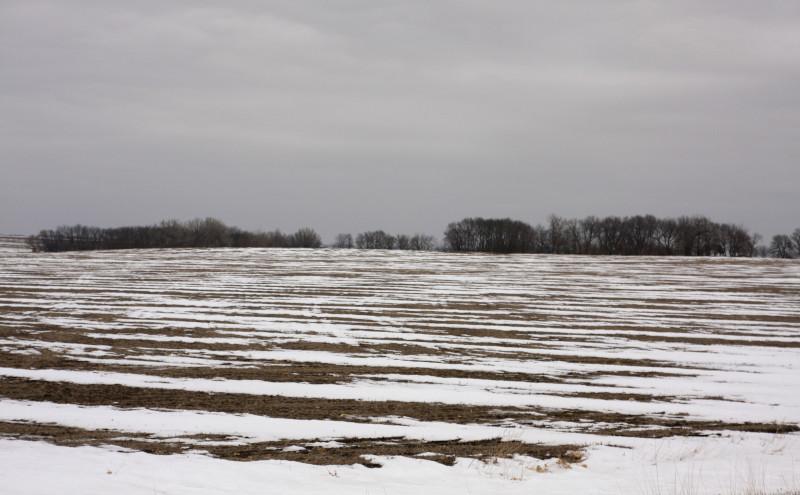 Cold temps can cause diesel operability problems.
Cold temps can cause diesel operability problems.
It’s a cold, brisk autumn day. The temperature fell to 5° overnight and you have a short window of time to finish harvesting the wet hole in the bottoms while the ground is still frozen. You go out to start your combine and it reluctantly starts, but after a bit, you notice the engine is running rough and lacks power. It’s a telltale sign that you’ve got cold weather fuel problems!
Now is the time to start thinking about cold temperature diesel operability. Downtime due to fuel and filter issues can be frustrating and costly. Ultra-low sulfur diesel and biodiesel blends contain water and wax in suspension. As temperatures drop, the water and wax separate from solution restricting fuel flow and possibly plugging filters.
The keys to limiting the chances of experiencing winter operability issues are utilizing a fuel quality management program that helps to reduce the amount of free water in storage tanks, changing filters before it gets cold and making sure that a quality cold flow improver is added to the fuel before temperatures dip below freezing.
A quality cold flow improver should contain non-alcohol-based deicer and wax control components. The deicer component suppresses the freezing point of any water present in the system protecting the fuel lines and filters from freezing when equipment is sitting idle overnight. The wax control components keep wax crystals from sticking together and becoming large pieces as they separate from the fuel. In addition, it keeps the wax crystals dispersed throughout the fuel instead of settling to the bottom of the fuel tank. Together, these components allow fuel treated with cold flow improver to flow through filters at lower temperatures than untreated fuel decreasing the instances of equipment downtime.
Since cold flow improvers work by reacting with the wax crystals as they form and separate, the additive needs to be in the fuel 10-150F above the fuel’s cloud point. For maximum effectiveness, a rule-of-thumb is to add cold flow improvers when temperatures reach approximately 30°F. Mixing additional chemicals in the fuel or overtreating with cold flow improvers can also cause problems. Follow treat recommendations closely.
For best practices in preparing your diesel fuel and storage tanks for cold weather, see your local FS Energy Specialist today so you’re ready when the temperatures drop.
Contact your Local FS Energy Specialist
Contact your local FS Energy Sales Specialist or learn more about FS Fuels and Lubricants.
Learn more